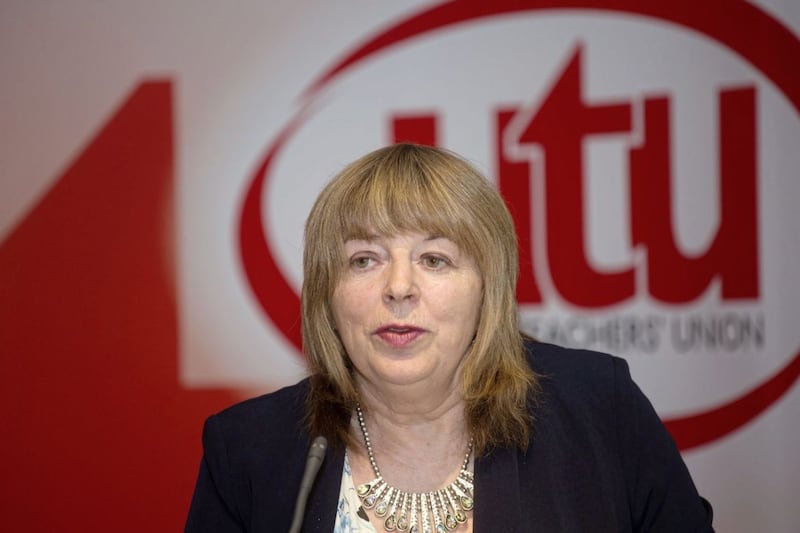PRIMARY school pupils from Northern Ireland continue to rank among the best in the world in maths.
Children aged nine and 10 were found to be performing very well, according to the latest cycle of the Trends in International Mathematics and Science Study (Timms).
Results from the 2019 survey, showed that in maths, Northern Ireland significantly outperformed 51 of the 58 participating countries.
They were topped by only five countries - Singapore, Hong Kong, Korea, Chinese Taipei and Japan.
Achievement in science was also above the international average.
Timms is undertaken on a four-yearly cycle. Northern Ireland took part for the third time in 2019, with previous assessments in 2015 and 2011.
Other key findings on achievement from 2019 included:
:: Maths and science attainment for nine and 10-year-olds in Northern Ireland remained high. Scores in 2019 were not significantly different from previous years
:: The attainment gap between the highest and lowest performers increased since 2015, for both subjects. The gap in attainment was bigger for maths
:: Reflecting the high performance in maths overall, in Northern Ireland, more than one in four pupils reached the `advanced benchmark'
The survey also found there were no significant differences in attainment between girls and boys in either maths or science.
The National Foundation for Educational Research (NFER) carried out the research for the Department of Education.
Ben Durbin, Head of International Education at NFER, said Timms played a valuable role in enabling nations to benchmark the performance of their education systems and identify areas for improvement.
"Northern Ireland has continued to perform well in the 2019 cycle, particularly in maths," he said.
"NFER has been involved in running Timms since it first began in 1995, bringing a unique combination of expertise in education systems and robust, evidence-based research. The insights we provide through Timms on students, their teachers and schools allow policy makers and schools in Northern Ireland to build on their strengths and address areas where their performance could be improved further."
Timms also provides rich contextual information on the learning environment, experiences and attitudes of P6 pupils.
Children who had the most positive attitudes towards maths and science also had higher average scores in those subjects.
The data suggested that pupils who experienced a more positive school learning environment had higher levels of achievement than pupils that did not. For example, those in safe and orderly classrooms had higher levels of achievement.
David Thomas, the National Research Coordinator for Northern Ireland said the north's schools were in a position of stability.
"That's a good story in mathematics because that performance is right at the top of the European countries, and that position has been maintained since 2011. In science, Northern Ireland's performance has also maintained its level, but that's more of a midfield position among European countries," he said.
"One advantage of the Timms study is the extensive background data which gives us tools to look deeper into the factors behind performance."





